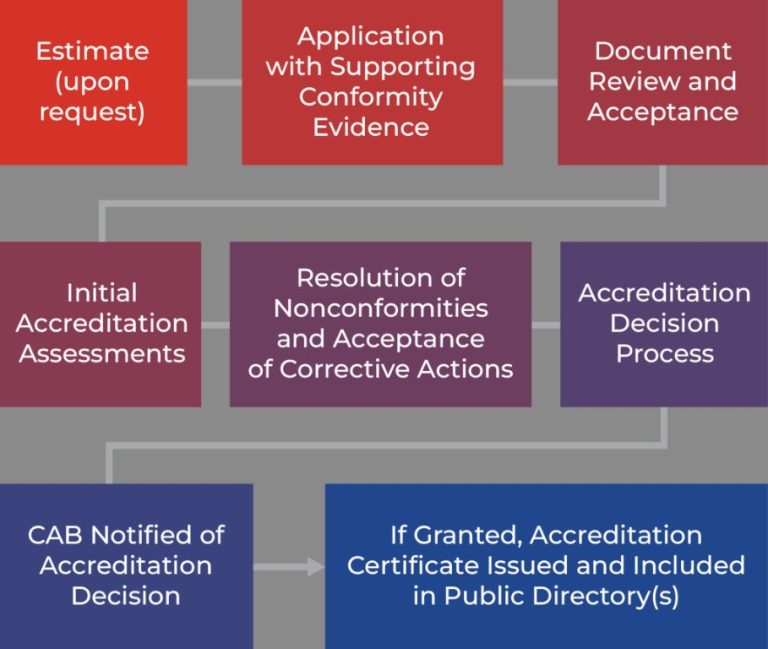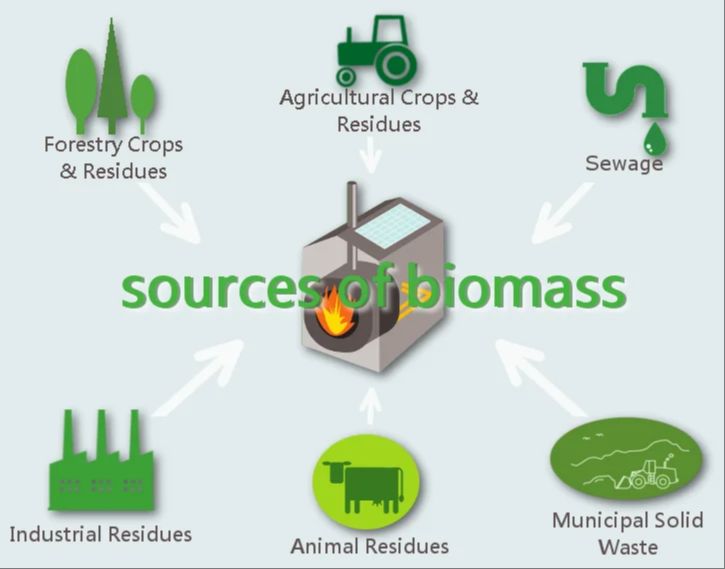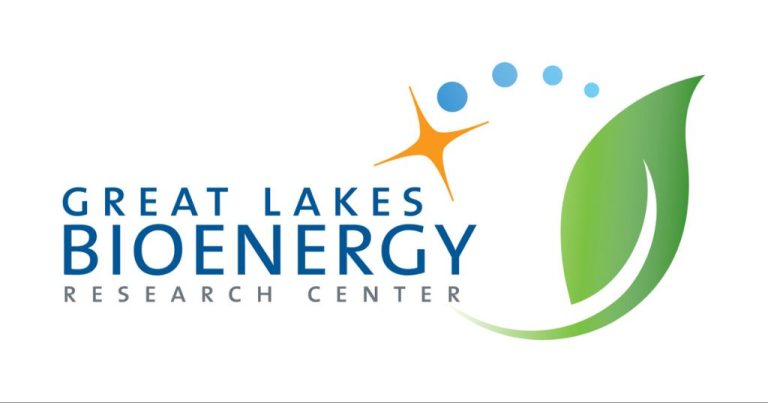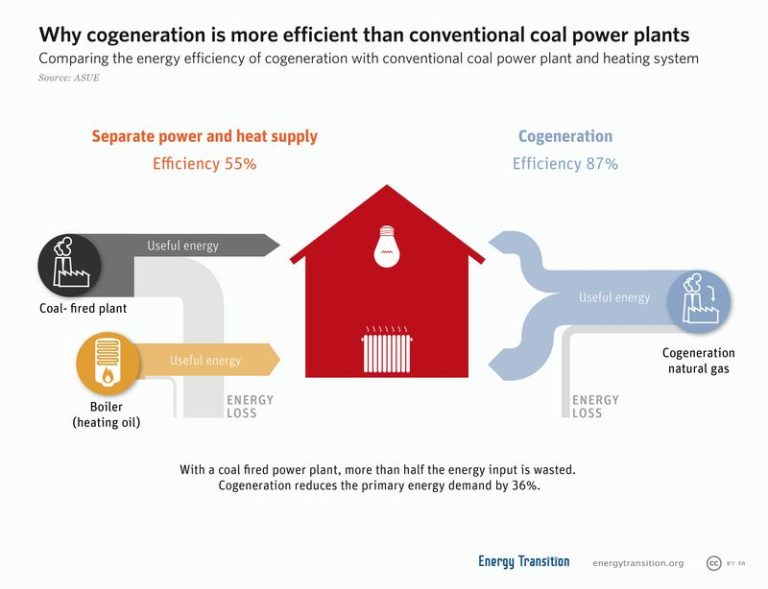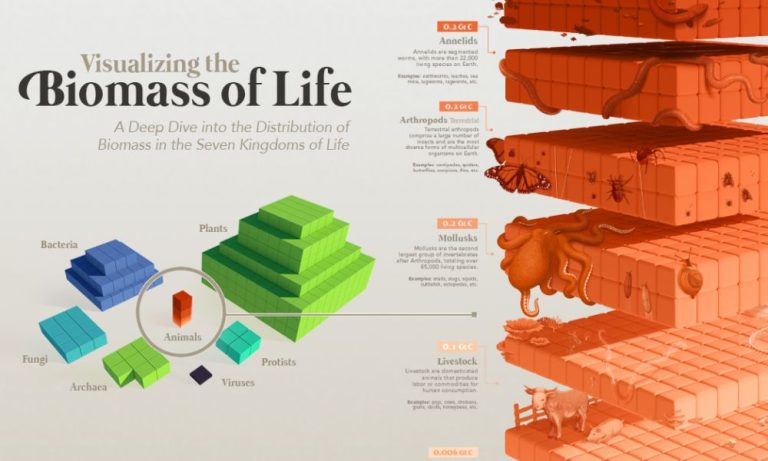What Is Bio Power Advantages And Disadvantages?
Biopower is a concept developed by the French philosopher Michel Foucault to describe how governments and other institutions use statistical analysis and scientific understanding of the human body to better control and regulate populations. The term first appeared in Foucault’s 1976 work The History of Sexuality, where he defined biopower as “numerous and diverse techniques for achieving the subjugations of bodies and the control of populations.”
According to Foucault, biopower emerged in the 18th century with the rise of nation states. New statistical measures and censuses allowed governments to quantify and categorize their citizens in unprecedented ways. With a numerical understanding of birth rates, death rates, diseases, and other factors, states realized they could better control and utilize their populations to strengthen their economies, militaries, and power. Biopower marked a shift from earlier forms of power that were mainly about control over territory, to new techniques focused on maximizing the health, life, and productivity of individual bodies and the “body politic.”
In essence, biopower refers to the application of scientific expertise and biological knowledge to regulate populations and individuals. It is applied through institutions like public health, urban planning, welfare, education, and other systems that surveil, monitor, and manage human life. Biopower encompasses the spread of medical, statistical and biological knowledge aimed at fostering life by treating, preventing and curing illnesses or other issues seen as detrimental to the state or population.
Michel Foucault’s Theory of Biopower
The concept of biopower was developed by the French philosopher Michel Foucault in the 1970s. According to Foucault, biopower represents a new exercise of power over life that emerged in the 18th century, marking a transition from traditional sovereign power to modern forms of power.
Where sovereign power was about the right to seize things, life or death, biopower is focused on the administration and optimization of life processes. It regulates populations by exercising control over their bodies and lives. Biopower is applied through institutions like schools, hospitals, militaries which discipline society on mass levels. It utilizes regulatory controls like statistics, surveillance, and governmentality.
For Foucault, biopower is a “productive power” as it produces knowledge, disciplines, norms, behaviors and identities. It shapes how human life is understood and managed. It creates categories like “healthy” and “unhealthy” to be targeted for regulation. Biopower focuses on the body as an object to be controlled, optimized and made docile, but in a way that produces value, utility and enables growth.
Thus biopower represents a diffuse way that power permeates society, targeting the biological aspects of human life for measurement, surveillance and control. It regulates populations subtly rather than through brute force, working through norms and knowledge.
Manifestations of Biopower
Biopower manifests itself through various institutions and practices related to managing and optimizing populations. Some key areas where biopower operates include:
Public Health: Public health policies and programs aimed at monitoring, regulating, and intervening in issues like sanitation, disease outbreaks, vaccination, reproductive health, etc. are manifestations of biopower. Public health authorities use statistical knowledge and interventions to optimize the health and life of populations.
Medicine: The medical field exerts biopower through regulating bodies, determining norms, and pathologizing behaviors/conditions that fall outside desired parameters. Medicine has authority over defining illnesses, treatment methods, quality of life judgments, etc. Doctors and healthcare systems can influence population trends.
Demography: The study of human populations enables biopower by producing statistics on issues like fertility, morbidity, life expectancy, migration patterns etc. Demography supplies the ‘facts’ which authorities use to set norms and intervene on population processes. Censuses, surveys, actuarial tables are demographical tools.
In these domains, human life processes become governed, optimized and regulated according to the knowledge and power dynamics produced by experts and institutions. The field of public health, medicine, and demography provide both the authority and means for enacting biopower.
Advantages of Biopower
Biopower offers a number of advantages, especially when used ethically by governments and societies. Some of the key advantages include:
Disease Control and Prevention
One major advantage of biopower is the ability for authorities to implement disease control and prevention measures aimed at protecting and optimizing the health of populations. This includes public health initiatives like vaccination programs, health screenings, disease surveillance, and health education campaigns. With knowledge of risk factors impacting populations, governments can take proactive measures to reduce disease transmission and mortality.
Improved Quality of Life
Closely tied to disease control, biopower techniques can also generally improve quality of life for citizens. Authorities gain insight into health and wellness at a population level, allowing them to implement policies and interventions to enhance access to healthcare, reduce poverty, improve nutrition, and elevate standards of living. The aggregated data and knowledge biopower provides can lead to impactful programs that reduce suffering and boost lifelong wellbeing.
Optimization of Populations
Biopower permits authorities to closely analyze population-level trends, enabling customized interventions to optimize groups in a region or society. Governments can use their knowledge to foster productive, healthy, robust, and efficient populations best suited for economic development and social stability. Examples may include public health programs to reduce birth defects, alter fertility rates, or extend lifespan. While optimization should always remain ethical, biopower offers data-driven insights to guide impactful policies.
Disadvantages and Critiques
One of the main disadvantages and critiques of biopower is that it can infringe on civil liberties. When the state has the power to manage and control biological processes, it opens the door to potentially unethical practices that restrict individual freedoms and rights. For example, mandatory health screenings or vaccinations may be seen as an overreach of state power.
Biopower can also enable unethical population control measures. If taken too far, the state’s regulation of reproduction, birth rates, and mortality could violate principles of reproductive freedom and bodily autonomy. Historically, some governments have used biopower to impose coercive or discriminatory population control policies.
Additionally, biopower promotes social control and normalization. By defining what is “normal” or “healthy” in a population, biopower marginalizes those who do not conform to dominant norms. This application of biopower is intrusive and disciplinary, as it pressures citizens to comply with expected biological or behavioral standards.
Biopower in the 21st Century
Biopower has taken on new forms in the digital age. With advancements in technology and data collection, governments and corporations now have unprecedented access to information about individuals and populations. This data is used to analyze, predict and influence human behavior.
For example, social media platforms collect vast amounts of personal data that allows them to microtarget users with advertisements and content. Shopping habits are tracked and analyzed to study consumer behavior. Smartphones and wearable devices can monitor people’s locations, vitals and activities. DNA testing provides insights into health risks and ancestry.
Governments are also able to leverage biometric data like fingerprints and facial recognition for surveillance and security purposes. The analysis of big data enables predictive policing, targeted healthcare interventions, and more. However, the ethical implications of such pervasive data collection and use are being increasingly scrutinized.
New technologies like AI, neuroimaging and genetic engineering provide both promises and perils when it comes to managing populations. The application of biopower expands, but so do concerns around privacy, discrimination, and consent. Ongoing debates weigh public health and safety with personal liberties. The digital age has opened up profound opportunities as well as risks in terms of how biopower manifests today.
Biopower and Biopolitics
Biopower and biopolitics are closely intertwined concepts. Biopower refers to the practices and mechanisms through which human life processes are managed and optimized. Biopolitics refers to the strategies and policies developed to administer and regulate populations.
According to Michel Foucault’s theory, with the emergence of modern nation states and capitalism came the need to manage and control populations. Thus governments and other institutions began to utilize biopower – collecting data, measuring, categorizing – to enact biopolitical agendas focused on the health, hygiene, reproduction, and productivity of populations. The goal was to foster the wellbeing of the overall population, which in turn strengthened the state and economy.
Some examples of biopower and biopolitics working together are public health policies, urban planning, education systems, immigration control, and social welfare programs. These use biopower mechanisms like surveys, statistics, medical exams to collect data. This data then informs biopolitical strategies aimed at optimizing, regulating, and shaping the population.
According to Foucault, biopower/biopolitics expand beyond direct state control and become embedded within cultural norms and institutions like family, medicine, workplaces etc. This decentralized nature of modern biopower is a core part of Foucault’s analysis.
In summary, biopower and biopolitics are complementary forces focused on the management of populations – the former referring to the mechanisms of control, the latter to the strategies and policies enacted. Together they constitute a fundamental dimension of modern societies.
Examples of Biopower
Biopower manifests in various ways across history and in modern societies. Here are some specific examples:
In the 18th century, states began to systematically collect data on birth rates, death rates, causes of death, and other population metrics. This allowed governments to analyze and control their populations. For instance, public health policies were enacted to lower mortality rates.
The eugenics movement in the early 20th century was an instance of biopower. Eugenicists aimed to improve the human species by discouraging reproduction of those deemed unfit. This led to forced sterilizations in some countries.
Today, widespread DNA databases represent a form of biopower. Law enforcement agencies collect and analyze the genetic makeup of citizens. These DNA databases are used for criminal investigations, but also constitute surveillance and control of populations.
Quarantines and contact tracing during disease outbreaks are modern examples of biopower. Health authorities track and restrict the movement of infected individuals to contain the spread of contagion. This benefits public health but also disciplines citizen bodies.
Government incentives and penalties designed to influence lifestyle choices reflect biopower. Examples include taxes on cigarettes to reduce smoking rates or subsidies for gym memberships to encourage fitness.
Ethical Considerations
Biopower raises important ethical debates, particularly around the regulation and control of bodies by institutions and governments. Some of the key concerns include:
– Restriction of reproductive rights: Biopower can lead to unethical controls over reproductive health, such as forced sterilizations or restrictions on access to contraception. This infringes on personal autonomy and freedom.
– Discrimination and exclusion: The categorization and regulation of groups based on perceived biological traits has historically led to discrimination, such as racist policies or the marginalization of those with disabilities.
– Loss of privacy: Collection of biological data, medical records, and genetic information by states can violate privacy. Mandatory health screenings and examinations are another ethical concern.
– Coercion and social control: Biopower can coerce citizens into conforming to norms of health, sexuality, and behavior, restricting human diversity and self-determination. Foucault argues this constitutes an unethical form of social control.
– Commodification of health and life: Critics argue biopower turns human bodies and biological processes into objects of economic value and management. This fails to recognize the sanctity of life.
There are reasonable limits to the power of institutions over individuals’ bodies and lives. Ongoing ethical evaluation of biopower is needed to protect human dignity and liberty.
Conclusion
In summary, biopower refers to the mechanisms through which power manifests in the administration and optimization of biological life. Through surveillance, discipline, and regulatory controls, biopower enables the management and governance of populations. While biopower can promote productivity, health, and social order, it also raises complex ethical questions around coercion, exclusion, and control. Michel Foucault’s theory of biopower provides a critical lens for examining the complex intersections between politics, knowledge, and life itself. Though biopower seeks to maximize life, it can also constrain freedom and subjectivity. As biotechnology continues to advance in the 21st century, debates around biopower highlight tensions between care and control. Ultimately, biopower reveals how deeply intertwined biological life and political power have become in modern society. Its study provides insights into both the productive and problematic aspects of power’s reach into ever more intimate spheres of human existence.

